Whilst it has certainly been a challenging winter for many, it has been an exceptionally wonderful start for our new native plantings thanks to ideal planting conditions.
If you’re out and about in the Park you may have noticed the native rākau planted this winter by the Park team and our volunteers. We have planted almost 13,000 trees this year, with the matting and guarding yet to be completed.
We hope you are braving the cold weather and continuing to enjoy the Park this winter.
With best wishes,
The Te Mata Park Trust Board
Our volunteers put in the mahi
The community turned out in force to support the Park at our winter volunteer planting days. Over 200 volunteers planted 3,100 native rākau across our two recent events, making a significant contribution to our native restoration efforts.
It has been heartening to see the response from our community and the camaraderie, fun, and connection that these events bring.
If you would like to attend an upcoming volunteer event, please join our database here.
Local tamariki continue their kaitiaki role
If you have been in the Park this winter you may have heard the chatter of busy tamariki in our Schools for Trees area.
We were delighted to welcome Hereworth to the programme this winter, as the sixth local school to plant an area of the Park with native trees and take on the responsibility of maintaining them. Children from Te Mata School and Lucknow School have also visited the Park recently to trample the grass and clear weeds from around their native trees. Thank you to our local schools for supporting our planting efforts.
Our Rongoā Garden
More recently, the group met on a cold but sunny morning for a talk and a hikoi through the Park led by Tyne-Marie Nelson and Levi Walford. The roopu learnt about the history of the maunga and surrounding areas, visited significant sites in the Park, and deepened their understanding of the native plants in the area. Thanks to Tyne and Levi for sharing their knowledge and everyone who showed up and made it a very special day.
Words From Mike Lusk
Our resident plant expert and volunteer for over 20 years
Those of you who have endured slipping and sliding on muddy tracks may not realise that there are some of us who rejoice every time it rains. The Park plantings should see strong growth this year but of course the weeds will grow well too and protecting the plants you want from those you don’t is very much part of a revegetation project.
Consider the two main areas:
The Tauroa Block from which the old pines were removed had a vast store of seeds just waiting for the chance to germinate. Some of them were anticipated and duly appeared, notably pine seedlings and pink ragwort, but there were some surprises – plants which had not been very common before including cape gooseberry and ink weed. Both have fruits attractive to birds and while the former makes divine jam we are working to exterminate them. You can’t have birds without weeds!
The recently added Te Kahika block had a large number of wilding pines and wattles but they were not quite at the stage of out-competing the grass which, especially when grazed, is an excellent weed suppressant. Some of the grass grows taller than the small natives and can be a problem but trampling it works tolerably well and in a year or two the trees will shade it out. This is well seen in the schools’ planting areas close to the kids’ mountain-bike track.
New steps a welcome addition
Park users will welcome the addition of a new flight of steps constructed on a short section of the red/blue/purple track in the recently harvested area on the plateau. The steps will make this previously steep and slippery section of track a lot safer and easier to navigate. Our thanks to Hawke’s Bay Foundation and the Lions Club for their support of this project.
Rats, stoats, and hedgehogs … beware!
Forces have combined to bring about a welcome boost to our pest control efforts this winter. We received funding from Biodiversity Hawke’s Bay for 10 traps and rabbit control measures, plus a donation of 13 traps from Park regular Al Cuming. The traps are all DOC 200 traps – humane kill traps for rats, stoats, and hedgehogs which are a threat to our indigenous plants and animals.
Thanks to Al, Biodiversity Hawke’s Bay, and to our volunteer pest control group that monitors the traps.
- MUDDY TRACKS – please heed all signage and stay off the mountain bike and walking tracks as directed, to avoid damaging the tracks
- DRONES – the Trust has a detailed policy surrounding the use of unmanned aircraft in the Park to ensure the safety and satisfaction of all users. Permission must be received from the Board of Trustees before using a drone in the Park. You can read the policy and seek permission here
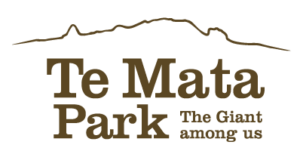
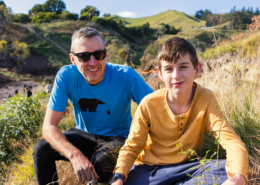

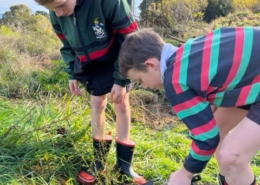
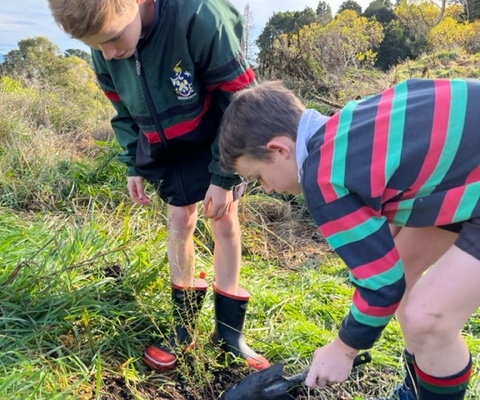
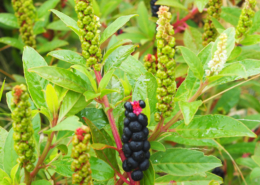

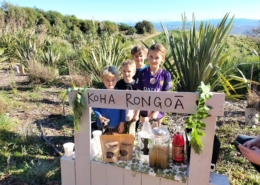

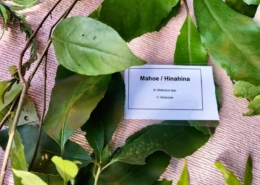

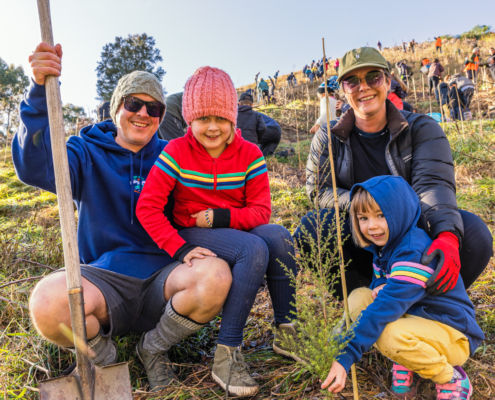
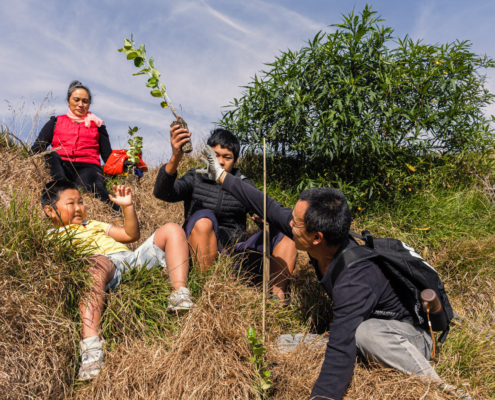
 Five times winner of the prestigious international green space award.
Five times winner of the prestigious international green space award.
 Kat Howard Photography
Kat Howard Photography